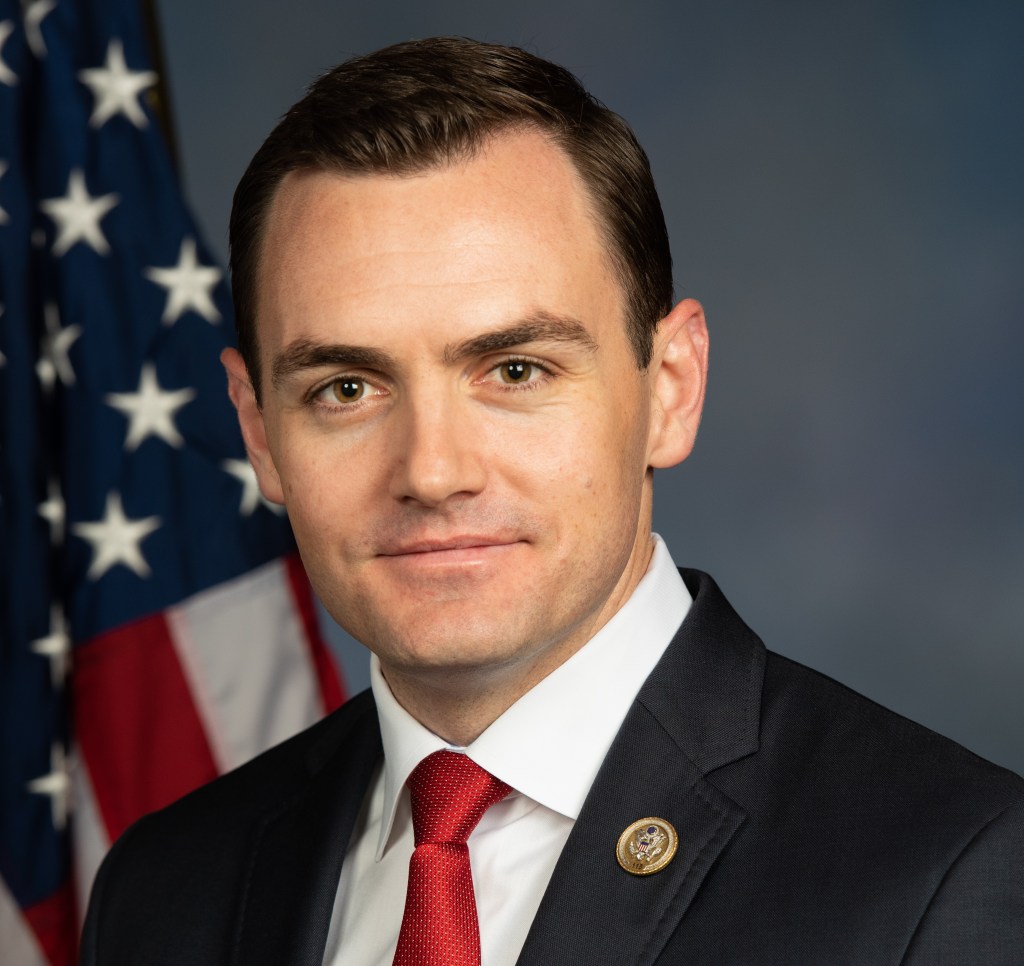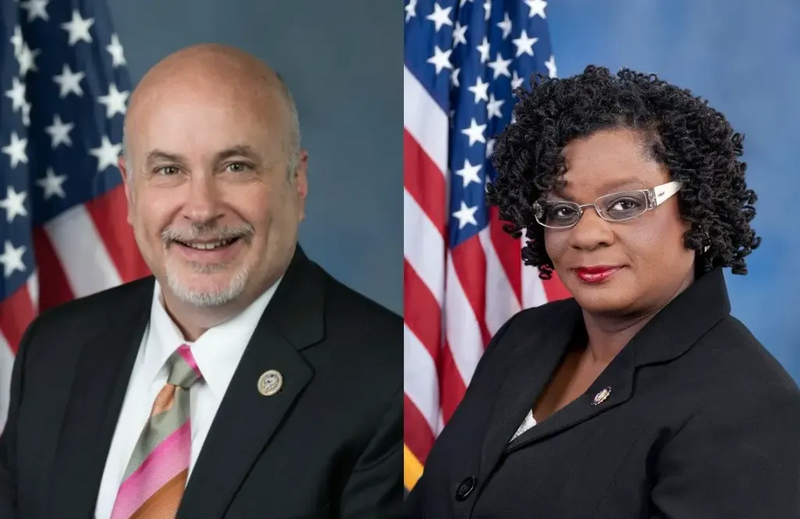The top U.S. intelligence agency says China uses the popular social media platform to influence American elections and “magnify U.S. societal divisions.”
By Peter Cameron, THE BADGER PROJECT
A bipartisan bill that would force a Chinese company to sell its stake in the popular TikTok social media platform or face a ban easily passed the U.S. House on Wednesday.
With an overwhelming vote of 352-65, the House sent the bill to the Senate, where it must pass before requiring the president’s signature. President Joe Biden has said he will sign it.
Republicans voted in favor of the bill 197-15, while Democrats voted in favor 155-50.
All six of Wisconsin’s GOP representatives vote yes on the bill. Rep. Mike Gallagher, a Republican from the Green Bay area who is retiring from Congress when his term ends at the end of the year, introduced the bill earlier this month.
The outgoing Gallagher chairs a new committee focused on the competition between the U.S. and China.
“This is my message to TikTok: break up with the Chinese Communist Party or lose access to your American users,” he said in a press release announcing the bill. “America’s foremost adversary has no business controlling a dominant media platform in the United States. TikTok’s time in the United States is over unless it ends its relationship with CCP-controlled ByteDance.”
ByteDance is the Chinese company that owns a controlling interest in TikTok. China is not really Communist anymore, though the word still exists in the controlling party's name. The country is still very authoritarian, as the government is unrestricted from taking extreme action against private businesses or citizens.
Nothing would prevent the Chinese government from accessing TikTok users' data, critics say, or from using the platform to push propaganda to its users.

ByteDance says about 60% of the company is owned by global institutional investors, including the American financial giants Susquehanna International Group and BlackRock. It also says three Americans sit on its 5-person board. The company's CEO has said it will exercise its legal rights to fight the bill.
The Office of the Director of National Intelligence, which oversees the United States' intelligence agencies, reported in its Annual Threat Assessment released in February that TikTok accounts run by the “propaganda arm” of the Chinese government targeted candidates from both political parties during the 2022 election in the U.S.
“Beijing’s growing efforts to actively exploit perceived U.S. societal divisions using its online personas move it closer to Moscow’s playbook for influence operations,” the report states.
China does not allow foreign social media companies to operate within its borders.
Former President Donald Trump’s administration had previously opposed Chinese ownership of TikTok. Federal courts stopped its attempted ban.
Now Trump has changed his stance and is opposing action against TikTok, apparently because he doesn’t want its major American competitor Facebook “doing better,” he wrote on his own social media platform Truth Social last week. Critics have also questioned Trump’s connections with billionaire and GOP mega-donor Jeff Yass, who owns a stake in ByteDance.

The bill has scrambled some of the usual hyper-partisanship in Washington.
Both of Wisconsin’s two Democratic U.S. representatives voted against the bill.
“We need to address data privacy across all social networks, including American companies like Meta and X, through meaningful regulation that protects freedom of expression,” Rep. Mark Pocan (D-Madison) wrote on X, formerly Twitter. “Not just single out one platform.”
Rep. Gwen Moore (D-Milwaukee) said in a press release that she understood the national security and other concerns raised by ByteDance’s ownership of TikTok.
LIKE OUR WORK? HELP US DO MORE. CLICK HERE TO DONATE!
“However, I could not take the extraordinary measure of singling out a single social media platform, impacting the rights of millions of Americans,” she continued. “There are better ways to address any legitimate concerns, including long overdue work to improve data privacy and security for every American across all platforms, and I look forward to working with my colleagues to do so.”
Big tech and social media companies remain largely unregulated in the U.S., and they employ armies of lobbyists to remain that way. Bills on issues such as enforcing age minimums and mandating privacy on social media companies like TikTok, Facebook and Instagram have repeatedly failed to advance in Congress.
TikTok is extremely popular with younger folks, and its user base is growing fast.
The federal government bans TikTok on government-owned devices, as does Wisconsin and many other states.
The University of Wisconsin System banned TikTok on school-owned devices in 2023.
The Badger Project is a nonpartisan, citizen-supported journalism nonprofit in Wisconsin.
This article first appeared on The Badger Project and is republished here under a Creative Commons license.



Add new comment